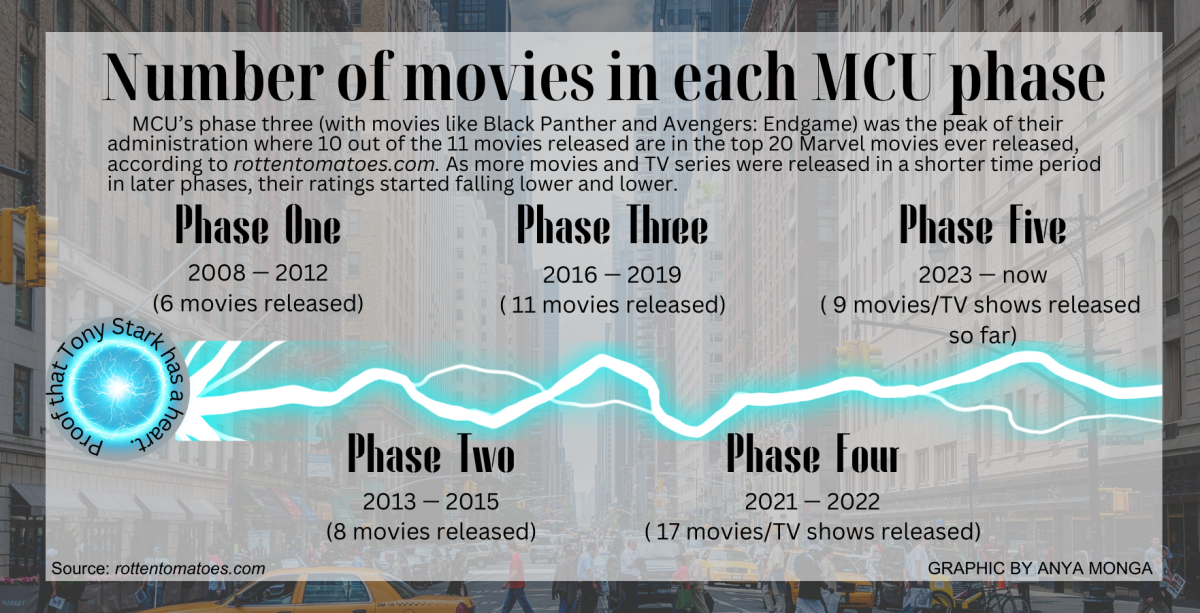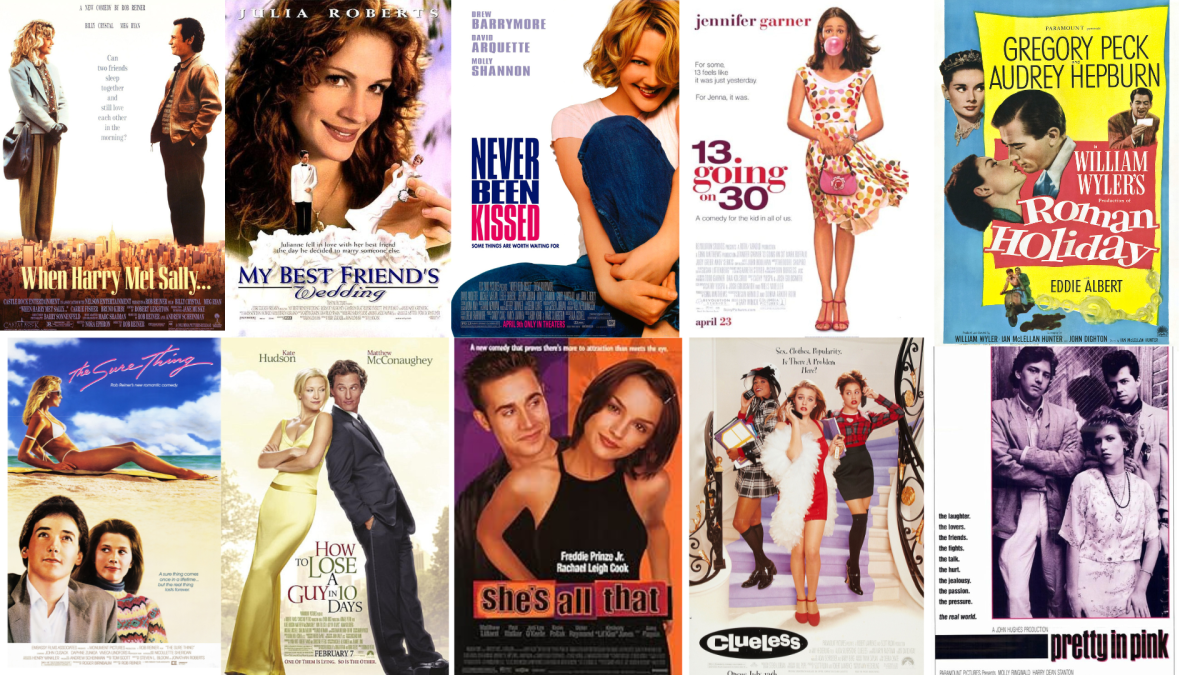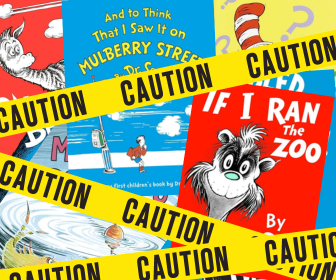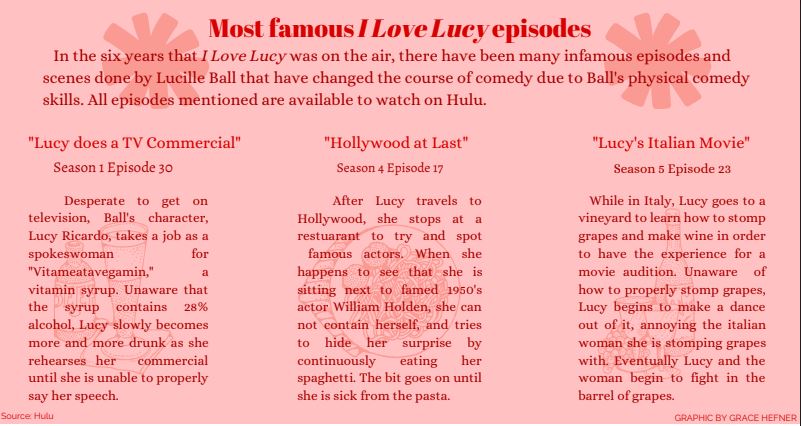Lucille Ball’s impact on early entertainment industry
Comedians and sitcoms have been an integral part of the entertainment industry since the creation of the moving picture with stars like Charlie Chaplin and Buster Keaton paving the way for comedians to come. However, Lucille Ball, the famed comedian and actress whose career spanned over 50 years, has failed to receive the credit that is deserved by today’s generations.
Determined to achieve her dream of becoming a successful actress, Ball moved to New York City in the early 1930’s to study at acting schools, and according to Ball in a 1971 interview on the “Dick Cavett Show,” many of her teachers and colleagues believed she had no real talent. To earn a living, she became a model and eventually made her way onto the big screen, starring in what were known as “B movies”–studio movies with small budgets and lesser–known actors.
She finally got her big break on her iconic television sitcom show “I Love Lucy,” which aired from 1951 to 1957 and was revolutionary in terms of physical female comedy and television production. “I Love Lucy” was the first show to feature an interracial couple and have a female protagonist as the main comedian, all due to Ball’s leadership and persistence at a time when many people in the industry doubted her.
Through perseverance and overcoming personal hardships, Ball changed the creation of sitcoms and the art of physical comedy as she fought her way through a male–dominated industry in order to attain success and be treated with the respect she deserved.
Ball’s popularity has grown since the release of the 2021 biopic movie “Being the Ricardos.” But the film, along with other movies and documentaries about her life, fails to tell the full story of Ball’s struggles and how she overcame them to become the first female comedian to be taken seriously in Hollywood.
While Ball was certainly not the first female comedian, she was the most famous for her original type of satire through her use of physical comedy. At a time when actresses strived to be viewed as glamorous and poised, Ball was unafraid to dress up as a country hick, act drunk or pretend to be an alien from Mars.
“[The audience] couldn’t wait to see what else she was going to cook up,” said comedian and actress Carol Burnett in an interview for the 2000 documentary “Finding Lucy.” “Even though [she] was off the wall, [the audience] was laughing, and yet identifying [with her character.]”
Ball was a trailblazer when it came to the world of women in entertainment; she took her dedication for her craft to the next level, but still understood her audience and what was enough for them to handle. Even today, her comedy holds up, as nothing she does in the show seem too outrageous or unbelievable; she knew how to keep her comedy grounded.
Furthermore, the production of the show itself was revolutionary for the time and the filming format is still used today for television sitcoms. Ball and her husband –“I Love Lucy” co–star Desi Arnaz–came up with the idea to film in front of a live audience, with three different cameras to film the show. This method allowed the show to be shot with higher quality film and created a more immersive and rewarding environment for the performers. Their ideas are still used today in sitcoms such as “Friends” and “The Big Bang Theory.”
Even after her show had ended, Ball continued to break down gender barriers within the Hollywood production industry. In 1950, Arnaz and Ball founded their own production company, known as Desilu Productions, which produced “I Love Lucy” and became the filming studio for iconic 1960’s sitcoms, such as “The Andy Griffith Show” and “The Dick Van Dyke Show.” After Ball and Arnaz had divorced in 1960, Arnaz sold his shares and ownership in Desilu Productions to Ball, making her the sole owner and the first woman to run and operate a major television studio, according to the “Lucy Desi Muesuem” website.
With this power she was able to keep producing many up–and–coming television shows at the time, such as the original television shows of what would later become iconic franchises, “Star Trek” and “Mission: Impossible,” even when executives wanted to take them off the air. These shows would later become some of the most successful projects for Desilu Productions, and the success from these shows would lead to the expansion of their franchises that still continue today.
Ball was one of the most influential comedians of her time who took every opportunity she was given and used it to modernize the environment around her. I strongly urge you to do your research and watch the sitcoms made by this remarkable woman who changed television history forever.
Your donation will support the student journalists of Westlake High School. Your contribution will allow us to purchase equipment and cover our annual website hosting costs.

Co-Editor in Chief, she/her
Hi! I’m Grace Hefner. I am Co-Editor in Chief of The Arrow and this is my third year on the staff. Previously, I was...

she/her
Hi! My name is Vivian, and I’m Co–Editor–In–Chief of The Arrow. This is my third year on the staff, and last year, I was Web–Editor–in–Chief...































